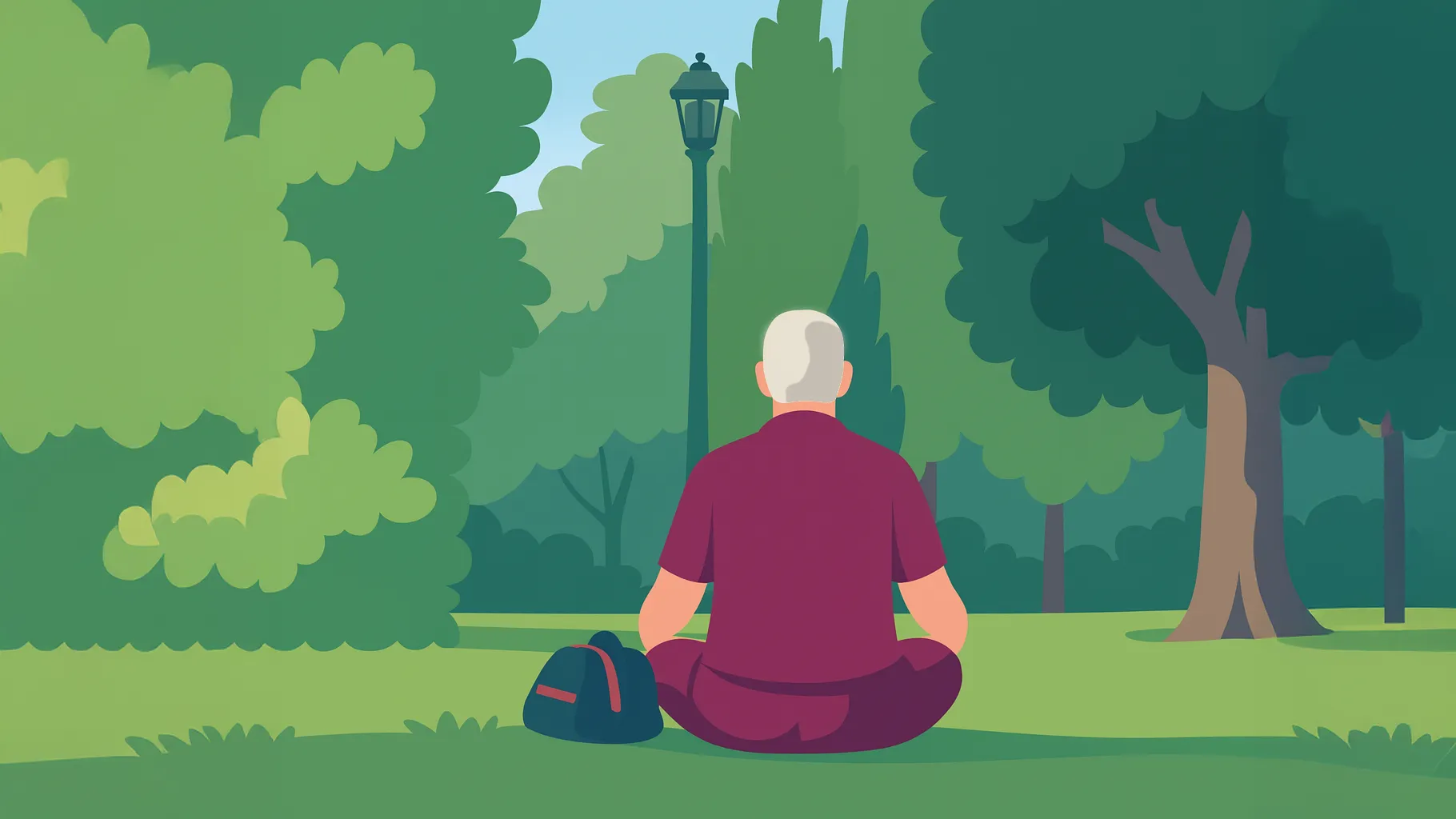Do you feel motivated after a mistake?
Do I feel motivated after some failure? That’s not my natural reaction. My instinct is to hide, be alone, and self-indulge to feel better. I’m not saying that my natural response is “good” or “bad,” but on the spectrum of helpful vs. unhelpful or skilled vs. unskilled, I’d call it unhelpful and unskilled.
This week, I made two coding mistakes that reached production and caused issues. They created extra work for others—and I felt defeated, miserable, and sorry. It was the kind of week you just want to end. Yes, I felt embarrassed and discouraged. I even started to question whether I’m still up to the task—and the negative self-talk piled on. It was time to take a moment and decide how to respond.
Sulking and listening to sad music sounds good. Distracting myself with Netflix or comforting myself with food and drink? All very tempting. But if I follow my natural instinct (an unskilled response), I miss out on an opportunity. I can choose instead to use these feelings to motivate personal growth (a more skilled response).
I can start asking:
- Could I have prevented this situation? How?
- What new insight do I have that will help me prevent a similar result next time?
- What new skill gaps am I now aware of? What’s my plan for closing them?
Even if our initial reaction isn’t useful, we can make it useful. That’s the difference between reacting unskillfully and responding with skill. Feeling good about a result reinforces behavior and encourages us to do more of it. Feeling bad about a result can motivate us to avoid the actions that led to it—and to work toward creating better outcomes.
Don’t let one negative result cascade into more. Take a moment—walk in nature, or do whatever helps you refocus—and begin learning from the experience.
It’s difficult to work through embarrassment, pain, and unintended consequences. But it takes a learned, skilled response to turn those feelings into motivation—and to find a way to perform better at your next opportunity.
There isn’t a man alive who hasn’t made a mistake. But I’m positive you’ll never make this one again. That’s why I want to make sure you’re the only one to refuel my plane tomorrow. I won’t let anyone else on the field touch it.
—Pilot “Bob” Hoover, to a mechanic who accidentally used the wrong fuel and caused an emergency landing
